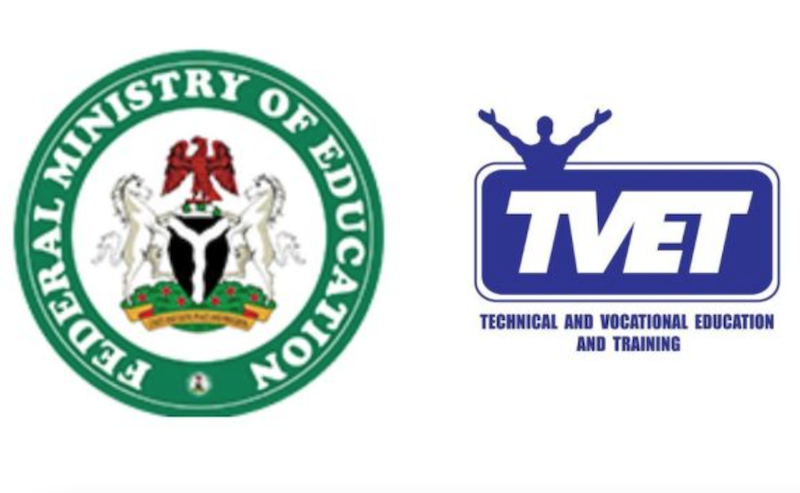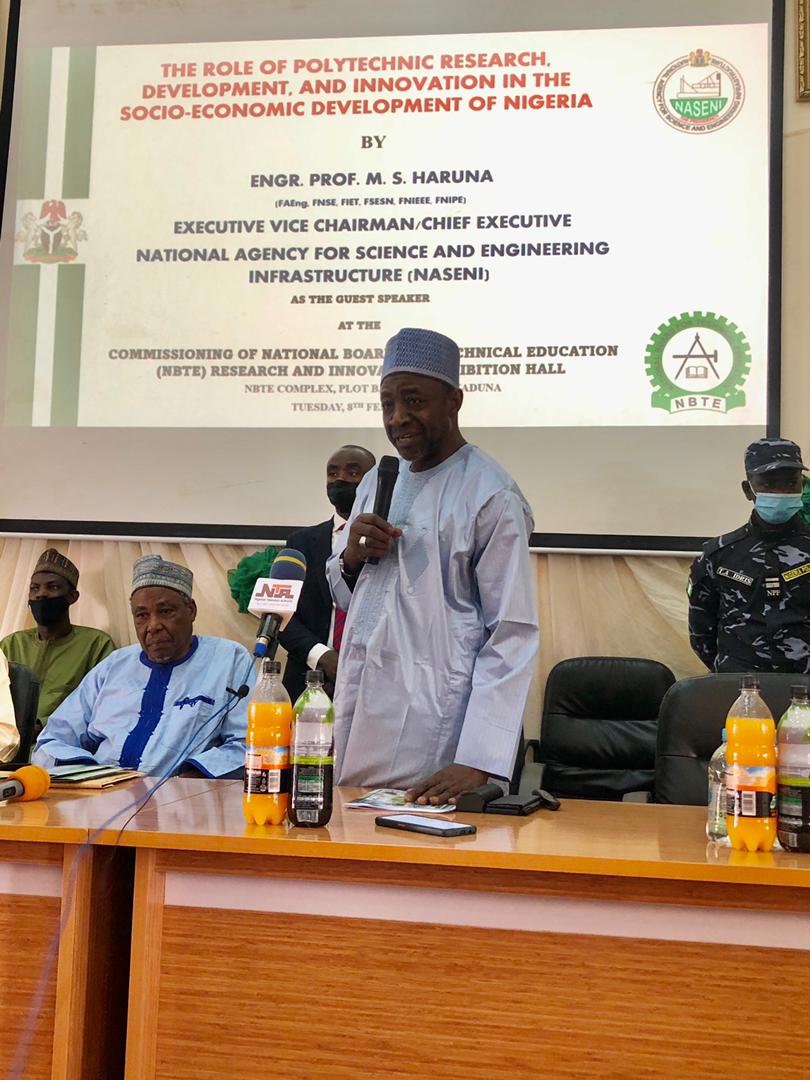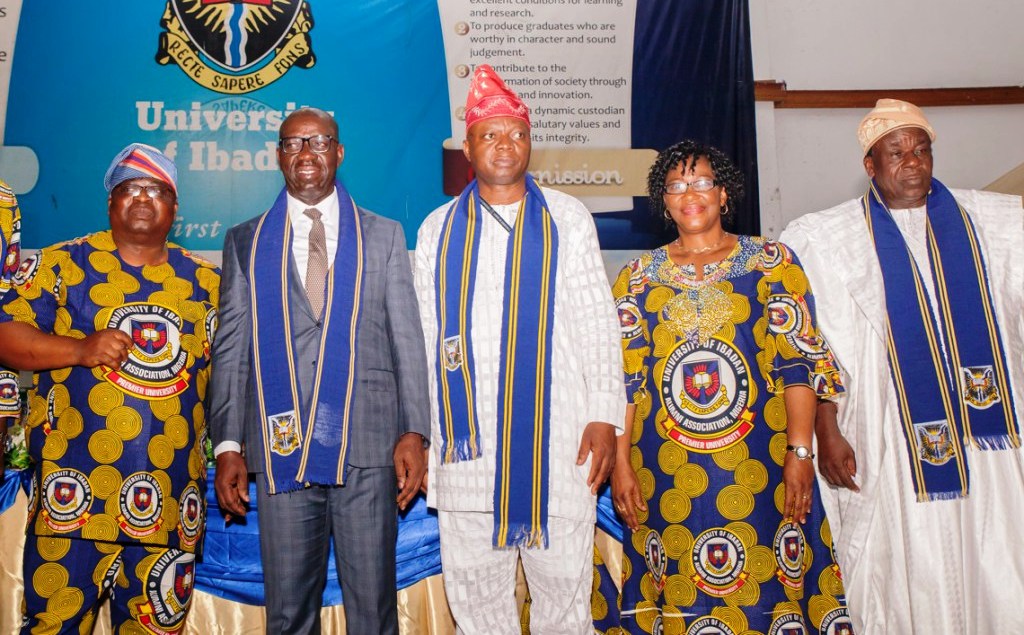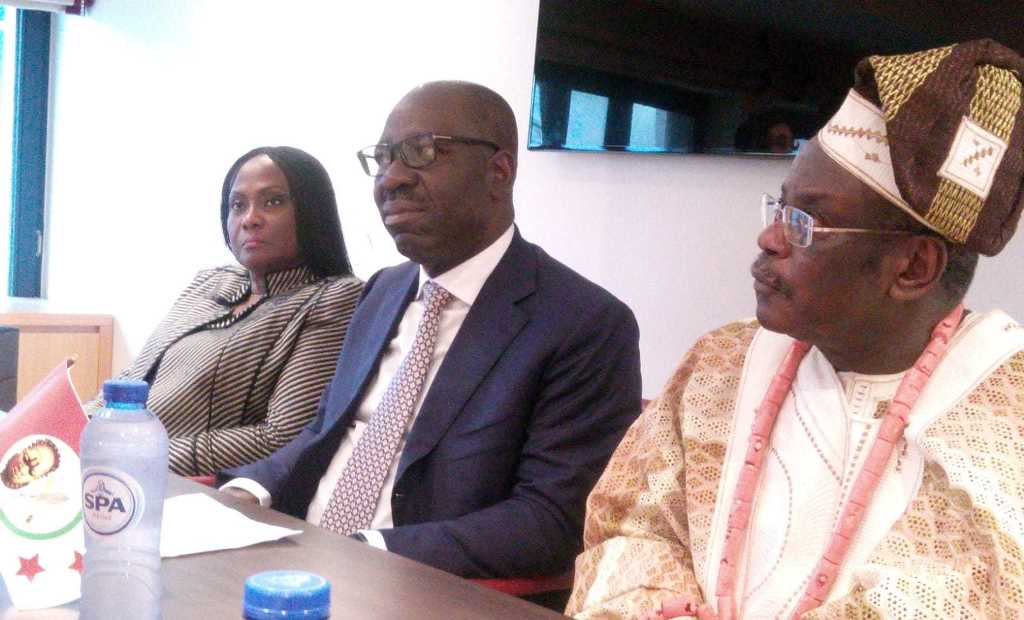Walk into almost any public school in Nigeria, and you feel the weight of history pressing down on the desks. Much of the system still operates to the rhythm of colonial-era regulations and syllabuses, which were conceived for a world that no longer exists. The design, the assumptions, the teaching style—all of it points backwards.
Students memorise facts to pass exams, teachers rush to “complete the syllabus,” and education officials track school success by the number of children registered, not by what or how they learn. The result is a production line that manufactures certificates but struggles to produce thinkers, innovators, or adaptable workers.
Across the country, you hear the same complaints from employers: graduates who struggle with writing, problem-solving, collaboration, or basic digital skills. The disconnect is no longer anecdotal—it’s structural. It is an indictment of decades of denial, neglect, and inertia.
Despite the deep-rooted problems, there’s a sense of optimism in the air. The 2024/2025 school year didn’t just bring new speeches and slogans, but also new tools—something that has long been missing from Nigeria’s education reforms: reliable, accessible, and actionable data.
Until now, education planning in Nigeria was akin to weather forecasting without satellites. Budgets were allocated based on guesswork, and staffing decisions were influenced by local politics and exigencies rather than the needs of students. Dropout rates, learning outcomes, and school performance were largely unknown. However, with the advent of data-driven reform, even the most well-meaning interventions now have the potential to deliver results.
But the fog is lifting, and what we’re beginning to see is as sobering as it is transformative. During the pilot phase of the Nigeria Education Data Initiative (NEDI), which includes the repositioned Nigeria Education Management Information System —a digital infrastructure that collects and stores records of schools and individual students— data from 11 states revealed that approximately 12 million children were enrolled in primary school.
Yet by junior secondary school, that number had dropped to 1.76 million, and only 1.23 million made it to senior secondary school. Nearly 9 million children disappeared from the system between Primary school and JSS/SSS. For decades, these gaps were obscured in averages or attributed to vague notions of poverty or culture. NEDI is making the crisis real, personal, and measurable.
What was once a distant problem is now a national emergency, starkly depicted in charts and decimals. These numbers don’t just represent policy failure, but also individual dreams cut short. Every dropout is a lost opportunity, a potential health worker, teacher, engineer, artist, or entrepreneur denied a future they were never properly introduced to.
Girls are forced out of the system due to early marriage, household chores, or distance from schools. Boys drift into informal jobs, street vending, or crime. And now, for the first time, we can see the dropout spike in real-time. The Nigeria Education Data Initiative (NEDI) has highlighted the extent of our past failures.
At the heart of this shift is not just data for the sake of data, but a recognition that without evidence, reform is merely rhetoric. NEDI, championed by the Minister for Education, Dr. Tunji Alausa, is Nigeria’s first serious attempt to build a nationwide, cloud-based education management system with student-centred data.
Each child has a digital profile tracking their academic progress, behavioural records, attendance, health, and contact history. Teachers, school heads, ministry officials, parents, and even students themselves have role-based access to this information. This isn’t just a dashboard; it’s a lifeline for planning, equity, and accountability.
Why does this matter so much? For the first time, we have education data across all levels of Nigeria’s education sector to support decision-making, policy analysis, planning, monitoring, and management. Education planners can track precisely how many girls in Zamfara transitioned from Junior Secondary School 3 (JSS3) to Senior Secondary School 1 (SS1).
School leaders in Bayelsa can identify precisely how many desks are missing before the next academic year. Because curriculum developers in Abuja can analyse where children consistently underperform and target support accordingly. Because parents can follow their children’s academic and behavioural growth, and teachers can tailor interventions for those at risk of falling behind. This is a quiet revolution—technical, yes, but also deeply human.
Yet, as with any good data system, NEDI is not just revealing problems. It’s also helping us ask better questions. For example, why are so few students choosing technical and vocational education (TVET)? In the same pilot data set, only about 63,000 students across the 11 states enrolled in technical colleges or vocational training centres, despite widespread demand for skills in construction, ICT, agriculture, and the creative economy.
This gap isn’t just an education issue—it’s a labour market crisis in slow motion. We are producing many graduates who struggle to find employment, while employers face difficulties in finding skilled technicians, artisans, and service providers. It is a perfect storm of misalignment.
Then there’s the curriculum itself. Even for those who stay in school, what they learn often bears little relation to what the economy requires. The national curriculum, rigid and outdated, still treats subjects such as entrepreneurship, coding, environmental literacy, and financial planning as optional or peripheral.
The result is a generation of young people graduating with theoretical knowledge that does little to prepare them for modern jobs or civic life. We cannot discuss job creation or economic diversification without addressing this disconnect.
Dr. Alausa’s approach is not to overhaul the system overnight but to let data guide every step of change. His team is prioritising technical and vocational pathways as a legitimate and respected alternative for students who cannot—or choose not to—follow the traditional academic route.
New funding and partnerships are being directed toward making TVET more accessible, aspirational, and aligned with industry needs. Online schooling, starting in September this year, is also being introduced for primary, junior and senior secondary students, particularly in areas such as conflict zones, urban slums, coastal regions, and nomadic communities. By expanding access through technology, the system can reach children whom the traditional brick-and-mortar school model has long abandoned.
While public schools dominate headlines, non-state schools (NSNs)—including faith-based, private, community, and home-school networks—teach an estimated 40 per cent of Nigerian children. Their growth has been explosive but uneven, with quality ranging from world-class to woeful.
For years, they have operated in a grey area—serving a growing portion of the population but without consistent standards or oversight. The new National Policy on Non-State Schools (NPNSN) recognises their essential role, sets minimum standards for infrastructure, teacher qualification, and safety, and provides a regulatory framework to improve quality, safety, and collaboration. It also introduces a voucher system for out-of-school children enrolled in accredited non-state schools—a bold move toward inclusive financing. The message is clear: the government welcomes help but insists on rules.
Meanwhile, reform is being localised and humanised through the Universal Basic Education, School-Based Management Committee and School Improvement Programme (SBMC-SIP). This initiative empowers communities to take real ownership of their schools by enabling them to manage small-scale infrastructure and accountability projects.
Alongside this, the Teacher Professional Development (TPD) strategy seeks to rebuild the capacity of educators through new guides, peer mentoring, and a modular training rollout that supports the 2025/2026 curriculum shift. After all, no education system can rise above the quality of its teachers.
By 2030, we should be able to log into NEDI and see transition rates above 90 per cent in every state. We should see tripled enrolment in vocational education, gender parity in science classrooms, rising national assessment scores, and a decline in dropouts across every demographic. If the numbers stay stagnant, we will know that the momentum has been lost. That is the power—and discomfort—of real-time data: it holds us accountable to the children behind the statistics.
For too long, Nigeria’s education debate has swung between despair and denial. The real task now is to occupy the hard but hopeful middle ground of stewardship — refusing to romanticise the past but also resisting cynicism about the future.
That means rejecting the fantasy that reform will be easy—but also refusing the excuse that change is impossible. Stewardship means celebrating civil society tutors who coach girls after farm chores, critiquing budgets that underfund rural teacher housing, asking politicians for evidence rather than platitudes, and—above all—letting numbers guide our outrage and our hope.
It means investing in data not as an end in itself but as a mirror that tells us who we are, and a compass that shows us where to go. It means elevating the voices of parents, teachers, and learners, not just policymakers. And it means asking more complex questions every year, not fewer.
For the first time in a generation, the tools to do so are on the table. The servers are spinning, the dashboards are live, and the pilot data are whispering their truths. We are at a fragile but undeniable moment. What remains is collective resolve: from ministry war rooms in Abuja to chalk-dust-filled classrooms in Akwa Ibom, from software developers in Lagos to parent councils in Bauchi.
If we listen to the data—and one another—we may yet turn Nigeria’s vast education deserts into fields of possibility, where every child’s potential is mapped, measured, and nurtured. If we choose to listen—carefully, consistently, courageously—then Nigeria may finally build an education system that doesn’t just enrol children but uplifts them. Not just a factory of certificates, but a ladder to opportunity. Not just a promise, but a plan. And this time, the plan is backed by numbers. The moment is fragile, but it is real. And it is ours to lose.






